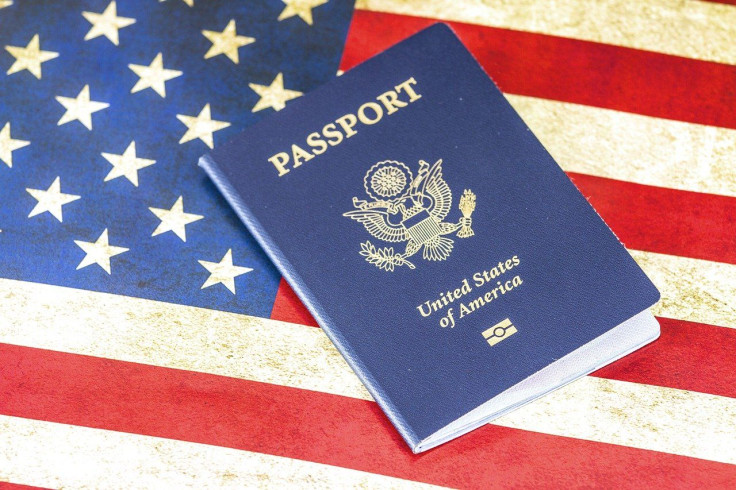
KEY POINTS
- The "beneficiary centric process" should give fairer chances of getting selected
- The rule will take effect from the initial registration period for fiscal year 2025
- Applications for the tech-popular H-1B visa are currently capped at 65,000
The U.S. Citizenship and Immigration Services (USCIS) on Tuesday announced a major rule change in the selection process of the H-1B visa registrations filed by employers in a move to curb potential fraud.
Under the new rule, which the agency calls a "beneficiary centric process," registrations will be selected "by unique beneficiary."
Earlier, selections were made based only on registrations.
Under the new process, the USCIS will fortify its ability to deny or revoke H-1B petitions with false information or invalid registrations.
The new process aims to ensure that beneficiaries have equal chances of getting selected, "regardless of the number of registrations submitted on their behalf by an employer."
"We're always looking for ways to bolster integrity and curtail the potential for fraud while improving and streamlining our application processes. The improvements in these areas should make H-1B selections more equitable for petitioners and beneficiaries," USCIS Director Ur M. Jaddou said in a statement.
The new rule will take effect from the initial registration period for fiscal year 2025. Registrants are required to provide valid passport information or a valid travel document for each beneficiary. The document provided should be the one the beneficiary will use to enter the U.S. if the beneficiary is granted an H-1B visa, a non-immigrant working visa that allows American employers to hire foreigners with specialized skills for a specified period.
Before the change was announced, travel documents were only required later in the registration process.
The initial registration period for the fiscal year 2025 H-1B cap will run from March 6 to March 22, 2024. Prospective petitioning employers and their representatives are expected to make use of a USCIS online account for the registration of each beneficiary by electronic means, if possible, the agency noted.
Employers will be able to open their USCIS online accounts starting Feb. 28.
American tech companies rely largely on the H-1B visa, which is valid for three years and can be renewed for another three years, to hire workers from India, China and other countries in specialty occupations.
Applications are currently capped at 65,000 slots. An additional 20,000 slots have been opened for Master's Degree holders.







